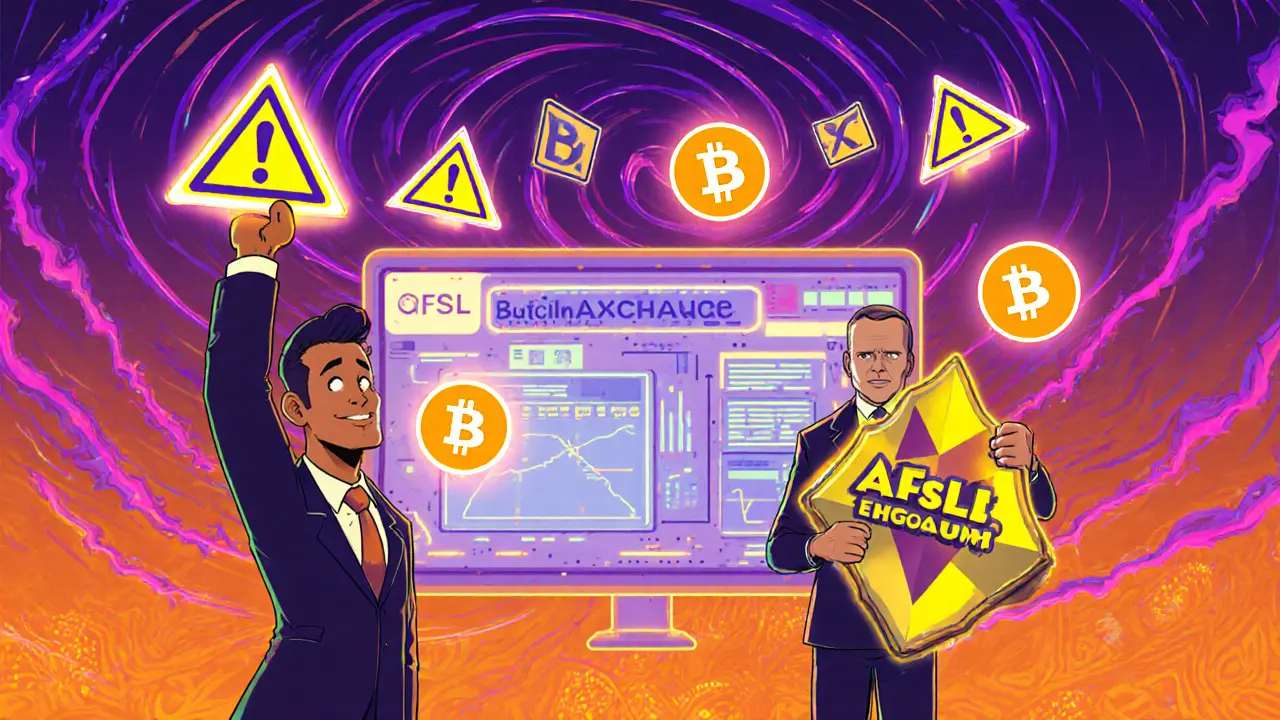Crypto Consumer Protection Australia: What You Need to Know in 2025
When you buy or trade cryptocurrency in Australia, you're not protected like you are with banks or credit cards. Crypto consumer protection Australia, the set of rules and agencies that try to shield retail investors from fraud and loss in the crypto space. It's not perfect, and it's not the same as traditional finance. Unlike banks, crypto exchanges don't guarantee your money back if they get hacked or go bust. The Australian Securities and Investments Commission (ASIC), the main financial regulator overseeing crypto businesses in Australia requires exchanges to be licensed, but that doesn't mean your funds are safe. It just means they're supposed to follow basic rules on money laundering and reporting.
Most crypto scams in Australia target people who don’t know how to spot them. Fake airdrops, rigged trading bots, and phishing sites pretending to be Binance or CoinSpot are everywhere. ASIC, has issued warnings about dozens of unregistered platforms operating under false claims of regulation. If an exchange says it’s "ASIC-approved," check their name on ASIC’s official register—most aren’t. Even licensed platforms like BUX or BingX don’t offer deposit insurance. If you lose crypto to a scam, ASIC can investigate, but they can’t recover your funds. Your best defense is knowing what to avoid.
Under Australia’s Anti-Money Laundering and Counter-Terrorism Financing Act, a law that forces crypto businesses to verify users and report suspicious activity, exchanges must collect your ID and track your transactions. That’s good for stopping criminals, but it doesn’t stop fraudsters from tricking you into sending crypto directly to them. The real gap? No legal requirement for exchanges to hold customer assets separately or insure them. If a platform collapses, your crypto is gone—no refund, no backup.
What works? Report scams to ASIC and the Australian Cyber Security Centre. Use hardware wallets. Never click links from DMs. Check if a token has a live team, real code, and listings on major exchanges. If it sounds too good to be true—like 12% daily staking rewards or a "guaranteed" airdrop—it’s a trap. Australia’s crypto rules are catching up, but they’re still behind the US or EU. You’re on your own more than you think.
Below, you’ll find real reviews of exchanges used by Australians, breakdowns of scams that hit local users, and clear guides on how to spot a fake project before you lose money. No fluff. Just what you need to stay safe in 2025.
Consumer Protection for Crypto in Australia: What You Need to Know in 2025
Australia's 2025 crypto regulations require exchanges to hold licenses, enforce strict marketing rules, and protect consumers from fraud. Learn what's covered, who's exempt, and how to stay safe.
